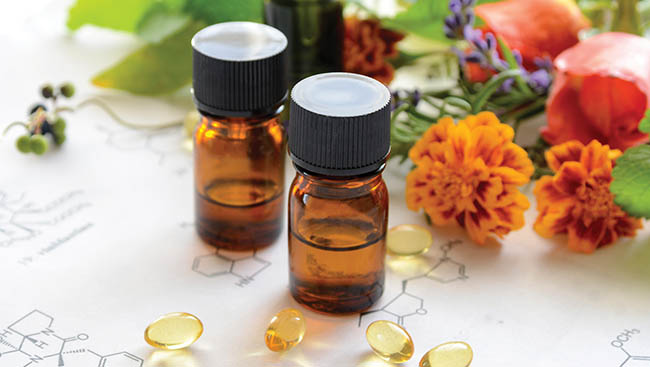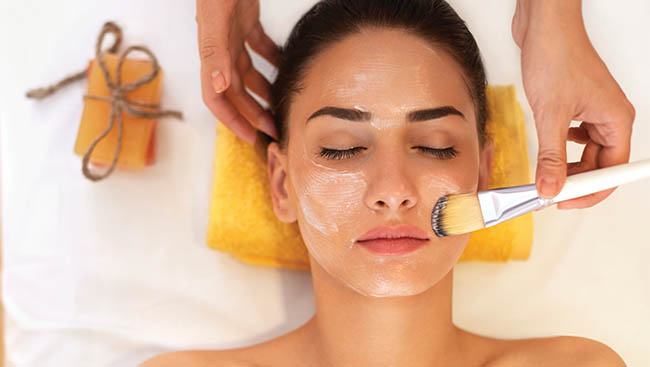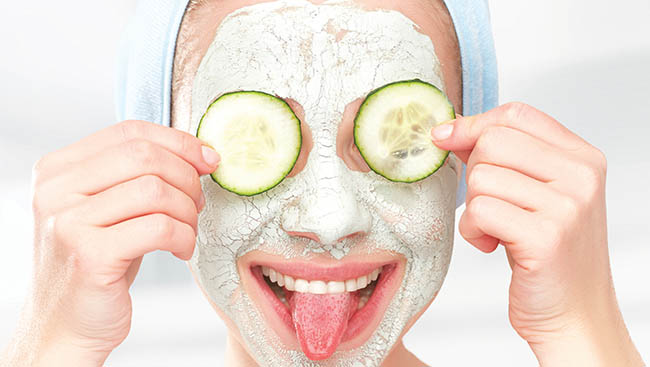Makeup has become an essential part of our daily lives and so it is wise to do a thorough analysis of products our skin digests on a daily basis.
With a history tracing back to over 10,000 years, the journey of cosmetics has been tremendously impacted. They have played a significant role in the advancement from ancient civilization to modern techniques but its passage through time has witnessed impact from religious leaders, political figures, cosmetologists, and merchants among others.
In Egypt, we find the earliest traces of cosmetics in the form of copper and lead ore, worn by individuals of all classes to impress the Gods. Contrastingly, cosmetics received quite a harsh treatment when they were eventually transported to Greece and Rome during the renaissance period. Some regarded the use of cosmetics as worship of Satan, while others believed it indecent and confined only for use in areas reserved for prostitution.
Moving on to present times, we have welcomed the reliance on beauty industry with a convivial anecdote and are certainly not shy of experimenting. Consequently, the cosmetics industry is flourishing and booming with creams, potions and lotions promising beauty, confidence, happiness and literally everything. Tagline promises aside, makeup has become an essential part of our daily lives and so it is wise to do a thorough analysis of products our skin digests on a daily basis.

Environmental Working Group (EWG), a non-profit environmental organization dedicated to researching and advocating against toxic chemicals, agricultural subsidies, public lands, and corporate accountability, reports an average woman to be using 12 cosmetic products containing 168 ingredients on a daily basis. Men use about six products with around 85 ingredients. Certainly, ingredients listed in beauty and health care products might be a tough code to crack but that is only until we choose to remain aloof and retreat from research and awareness.
A majority of makeup products available in the market are a mixture of chemicals and heavy metals. Prolonged usage of chemicals such as – mica, parabens, lead and polycyclic aromatic hydrocarbons (PAHs) phthalates, can trigger short and long term health risks ranging from severe headaches and allergies to aging, cancer and damage to reproductive organs. Claims to cosmetic chemicals causing cancers such as ovarian, breast and prostate, which are hormone-driven, have not been scientifically proven yet but some cosmetics have endocrine-disrupting chemicals that may interfere with hormonal activities – a possible link we cannot rule out.

Despite the hazards, continuous analysis of new and old ingredients by organizations such as EWG, along with awareness amongst consumers has resulted in a wide range of products addressing needs of a variety of consumers – natural, cruelty-free, organic, plant-based, mineral, environment-friendly, and so on. This however, should not be taken for granted. Words such as “natural” and “organic” are used extravagantly and unless you are aware of regulations on using these terms, you can easily be misled.
Upon studying closely, one would notice loopholes within Canada’s cosmetic regulations. Precise and strict labelling is one example – the term “fragrance” or “parfum” is not sufficient to define the complex mixture of various chemicals and acts as a safe disguise for brands in hiding potentially hazardous chemicals. Another case in point is labelling products as “drugs” based on their therapeutic claims. As per Canada’s Food and Drug Act, personal care products (such as sunscreens, toothpaste and hand sanitizers) are not required to record their complete ingredients list on the product; only “active” ingredient listing is mandatory.

In Canada, globally-acclaimed brands such as Ilia, Belmondo and RMS have introduced consumers to an ethical-sustainable approach to beauty by evaluating and reinventing cosmetic brands that do not torment your skin. However, this shouldn’t go without reiterating a crucial point – words such as “organic” or “natural” do not eliminate potential hazards.
Dr. Alexandra Kuritzky, a dermatologist in Vancouver and a clinical instructor in the Department of Dermatology and Skin Science at the University of British Columbia, backs it up saying, “There certainly is a perception that ‘natural,’ ‘plant-based,’ or ‘organic’ skin care is inherently safer, but this is not at all true. In fact, many natural ingredients can cause irritation or contact allergy. Tea tree oil is a common ingredient in cosmetics labelled as ‘natural,’ but is a common cause of contact allergy. This is not to say that all natural products are inferior, simply that they are not inherently safer. These statements are also not regulated statements, so their meaning can vary from one product to another.”
The point is research the ingredients and understand from your previous experience with them how they would react with your skin and body. What’s crucial is understanding that there is no guaranteed product for everybody. What might be working for some might not work for you. And just because it is working for you, doesn’t mean it’s safe for you. No brand, product or beauty expert understands your body better than yourself. Your body and health is an investment that cannot meet any compromises. Be cautious. Be safe.





